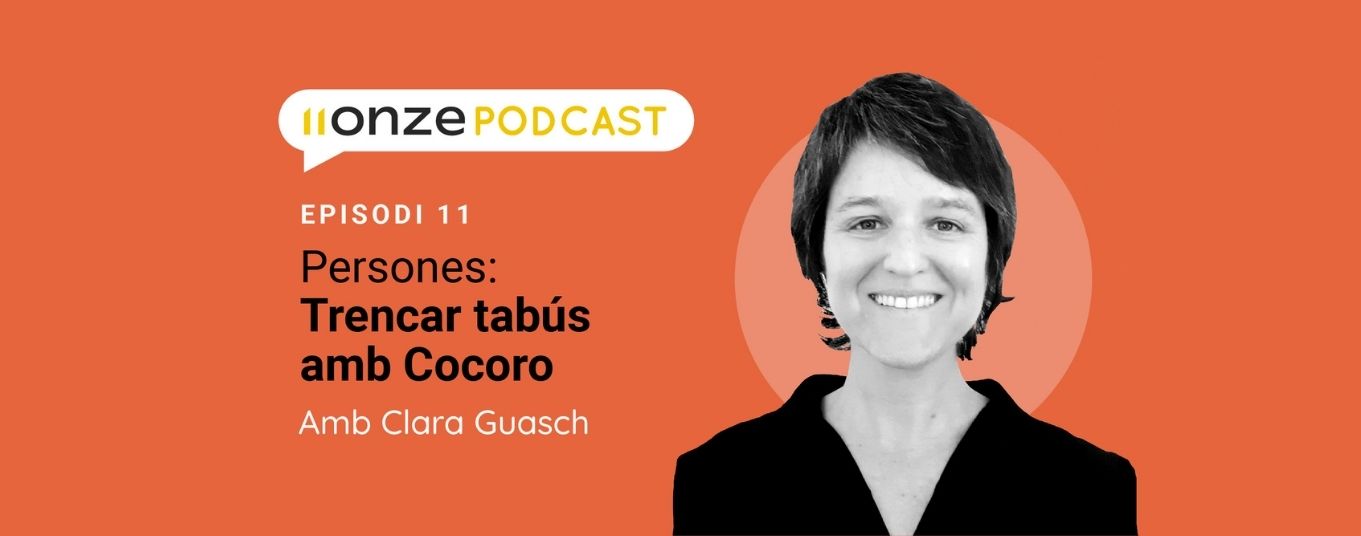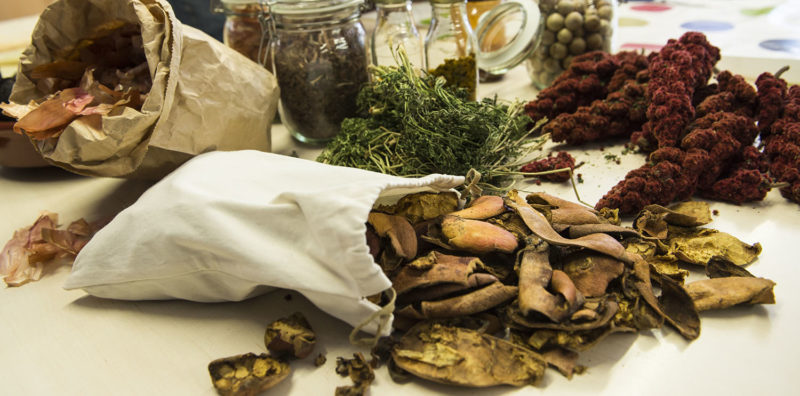

Cocoro, a world pioneer in feminine hygiene
The company Cocoro has placed Catalonia among the world’s pioneering regions in feminine health. With 2021 sales alone, the company, which focuses on menstrual hygiene products, has managed to avoid 50.14 tonnes of waste. Cocoro is an example of innovation and proximity.
Offering a natural and sustainable alternative in a sector marked by pollution and the high cost of products that leave millions of women around the world behind, and even out of reach. This is the context and the objective with which Cocoro was born. Moreover, the Catalan company has managed to produce locally and maintain ethics and sustainability throughout the process.
In a new episode of People, we talk to Clara Guasch, co-founder and co-director of Cocoro, to break taboos about menstruation and learn about the alternative they propose for a free, comfortable and zero-waste menstruation. Guasch explains that the 50.14 tonnes of waste avoided is a very significant figure, but not enough, if we take into account that in Europe, waste from non-reusable intimate hygiene products amounts to 590,000 tonnes.
Breaking taboos, the unfinished business
After years in the sector, Guasch is optimistic about the education young women receive. She recognises that there is still a lot of work to be done and that neither men nor women have enough knowledge about the human body, which is why we have taboos about such natural processes as menstruation or urine leakage. Concepts that have been timidly socialised in recent years. Even so, they are still stigmatised and, in turn, stigmatise the entire female collective.
Teenage girls and women are talking more and more openly about this aspect, and Guasch points out that social networks favour the emergence of this type of debate. Not only do we have more access to information, but we also share more experiences with other women to find the menstrual hygiene method that best suits each person.
Leaving menstrual poverty behind
Access to intimate hygiene products such as sanitary towels and tampons is not global. The imposition of VAT, which makes the price substantially higher, is the main cause of so-called menstrual poverty. Some countries have already taken measures to curb this scourge which, as Guasch points out, should not even exist.
In fact, the European Commission changed the rules of the game this December to give member countries more freedom to reduce VAT on certain products, such as intimate hygiene products. And in the case of a basic necessity, this could even lead to the total elimination of VAT. For the moment, the Generalitat has a Decree published in June 2021 that guarantees free access for girls and women to menstrual products in educational centres and for people living in menstrual poverty. Measures that, little by little, provide a response to a basic need that affects half of the population.
11Onze is becoming a phenomenon as the first Fintech community in Catalonia. Now, it releases the first version of El Canut, the super app of 11Onze, for Android and Apple. El Canut, the first universal account can be opened in Catalan territory.






Un producte molt interessant
Celebrem que t’hagi agradat, Anna, i moltes gràcies pel teu comentari!!!
👏
Gràcies, Daniela!!!
Ok👍
Gràcies, Josep!!!
Una bona opció
Doncs sí!!! Gràcies pel teu comentari, Alícia!!!
Ben interessant!
Moltes gràcies per les teves paraules, Mònica!!!
👌
Gràcies, Joan!!!